Behaviour management strategies, in-school units and managed moves
Overview
We're seeking views to understand how schools utilise their behaviour strategies to manage common behavioural challenges.
Why your views matter
To help inform our review of the behaviour and discipline guidance and suspensions and permanent exclusions guidance later this year, we have launched a call for evidence on behaviour management strategies, banning mobile phones from the school day, in-school units and managed moves.
We want to improve the available evidence and understand how we can improve the experiences of all children and young people in school. We also want to know how schools create a culture where all pupils and staff feel safe, where they feel wanted and welcomed, and where they can reach their full potential.
What happens next
We are grateful to you for taking the time to contribute to this call for evidence which will be used to inform the revised guidance on behaviour and discipline and the guidance on suspensions and permanent exclusions.
Audiences
- Adoptive parents
- Adult and mental health practitioners
- CAMHS
- Clinical commissioning groups
- Community representatives
- Designated safeguarding leads
- Directors of children's services
- Educational Psychologists
- Employers
- Foster carers
- Government bodies and departments
- Governors
- Headteachers
- Local authorities
- Parents
- Principle social workers
- Pupils
- School business managers
- School nurses
- School support staff
- SENCOs
- Service managers
- Social workers
- Social workers
- Teachers
- Team managers
- Those evaluating programmes for children in need
- Those involved in underlying theoretical research on abuse and neglect, child development etc
- Those researching children’s social care or education systems, with links to educational outcomes of Children in Need
- Unions and representative organisations
- Universities
- Virtual school heads
- Volunteers
- Young people
Interests
- Academies
- Accountability
- Admissions
- Adoption
- Alternative provision
- Attendance and absence
- Behaviour and discipline
- Care leavers and former looked-after children
- Disabled children
- Education
- Equality
- Fostering
- Friends and family care
- Governance
- Health and wellbeing
- Health and wellbeing (Looked after children)
- Intervention
- Keeping children safe in education and other settings
- Planning
- Preventing neglect, abuse and exploitation
- Programmes and initiatives (Looked after children)
- Pupil data
- Safeguarding disabled children
- SEND code of practice
- Social care standards and guidance
- Social workers' standards
- Special guardianship
- Statutory policies and guidance
- Support in education
- Teaching and learning (SEND)
- Training and development
- Travel to school and colleges

Share
Share on Twitter Share on Facebook